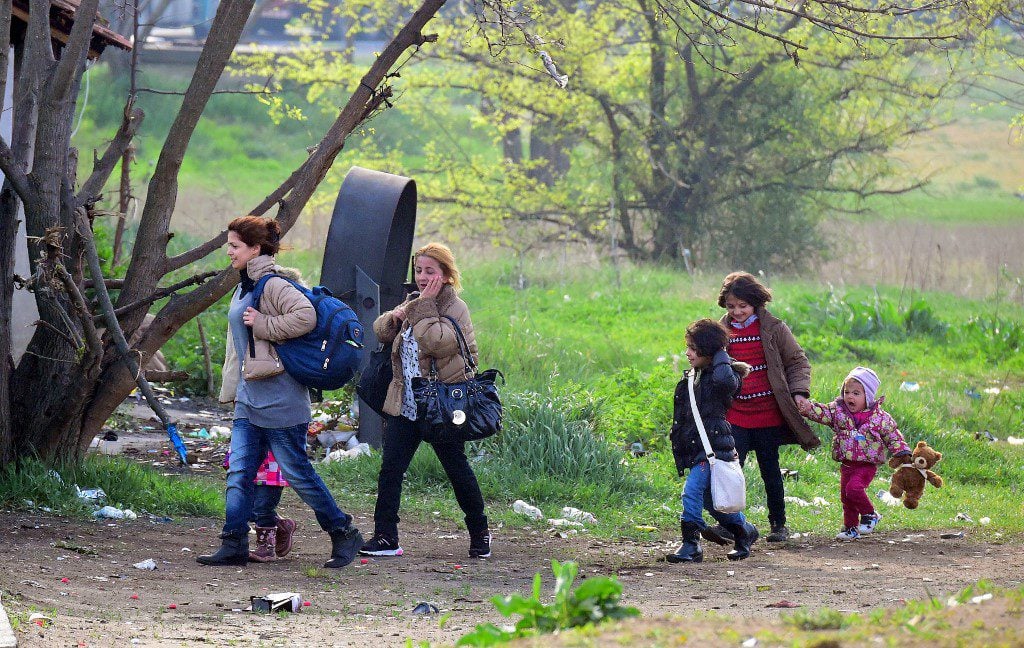
Nour Abbas
Civil wars, territorial conflicts, economic breakdown, foreign interventions and natural disasters! This is how we might describe most territories of the Middle East. Knowing that this region enjoys a high count of youth among population, that might lead us to ask about what these young people have in hand to face such a reality.
If we take a look at the indicators of Google Trends, shocking results pop out when we look up the word “immigration”. In 2020, this word has been able to obtain a publicity of over 100% in some Arab countries like Algeria and Syria. The percentage amounts to over 65% in the Maghreb countries. That leads us to ask if these percentages are logic and if so how, what might be factors of such a phenomenon.
For Arab youth, willingness to become an immigrant is not only connected to being safe in the Arab countries. It is also connected to neither having an economic safety nor enjoying a food security.
According to Engel’s law of expenditure for food, the less income an individual earns, the more he/she spends on food and vice versa. This is what we see clearly with the drop of individual income rates in some countries in the region to less than $2 a day. Here, it is worth mentioning that such a rate is considered as an absolute poverty by the United Nations’ indicators.
There might be several reasons that urges Arab youth to immigrate. The list includes intellectual reasons, in addition to pursuing aspirations like studying or having a decent job. Interestingly, the list should include the mere desire to escape from a cruel reality. No matter how causes vary per individual, Arab youth are willing to immigrate, even if that meant using illegal ways to immigrate. Although illegal immigration frequently puts the lives of immigrants at risk of death, many people insist on taking this bitter journey. They prefer to face death rather than having an unknown future in their homelands.
According to the UNHCR, 1.2 million refugees entered Europe in 2016. The numbers decreased to 295,000 refugees in 2019. Nevertheless, these numbers give a strong indication on the continuous desire of Arabs to seek refuge and asylum, whatever the risks might be. According to the UNHCR, 100,000 to 300,000 minor refugees were received in Europe without their parents in 2016. Unfortunately, the trip wasn’t safe for some. The Global Migration Data Analysis Centre (GMDAC) indicated that 497 Syrians drowned in the Mediterranean, 67 of them were children. The centre states also that the real count is much higher.
Immigration might generally reflect thoughts’ confusion between patriotism and having a decent life for the young generation. Nevertheless, young people found several methods to depict and express the misery of their countries aboard. They did that in ways and capabilities that would be impossible to acquire if they didn’t migrate. They presented documentaries and used different arts to win the sympathy of other countries’ people for their just causes. They proved that discipline and chaos in societies are result of these societies’ circumstances. They proved that individuals are not the cause. We can also say that immigrants supported the national economy of their countries by transferring foreign remittances to their relatives regularly.
Immigration is not for sure the key to young people’s life, as it is not possible to ignore the psychological stresses on the immigrants and refugees. It has also to be taken into consideration that young people struggle while trying to integrate in totally different societies. They are confronted with loneliness, nostalgia and waiting long to get decisions related to their refuge.
With the continuation of all forms of immigration – be it through obtaining a scholarship or through boats where people risk their lives – Middle East and North Africa countries keep losing their strongest assets: the qualified human resources. Most of the qualified Arab youth view immigration as a gate through which they can attain their ambitions in countries that respect and reward their efforts. In that context, immigration is like a compass that nurtures the dreams of youth of the region. At the same time, immigration will be a grave where the whole region will be buried.
DISCLAIMER
The opinions expressed in this publication are those of our bloggers. They do not purport to reflect the opinions or views of Fanack or its Board of Editors.


